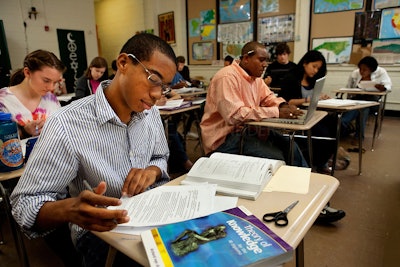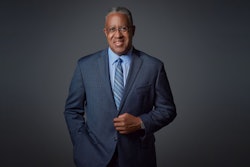
While rigorous academics can certainly prepare students for college, it is just one facet of what I believe they should know. There is no way to totally prepare a young adult for the realities of the college experience and what it will mean for his or her long-term success, but there are some things that high school educators should emphasize, including:
The cost of a college education
We are so quick to push our students towards a college education that we often forget the practicalities. While in most cases a college degree will pay off in the end, it is expensive upfront and can have an impact on the early years of adulthood. It is flawed thinking to assume that young people with very limited experience with their personal finances will truly be able to comprehend the cost and sacrifice of a college education. Any efforts to better inform students about the responsibility and reality of a college education should not be undertaken as a discouragement but rather as a way to inform them of what those things will mean in real-life settings. Things like estimated college loan repayments, and for how long, should be discussed and put in terms of how many hours of work that money will end up equaling.
The importance of a college degree
While it does come at a cost, a college degree is well worth it over the course of a lifetime. People with bachelor’s degrees earn nearly $1 million more over their lifetimes than their peers who receive high school diplomas. People with master’s degrees earn closer to $1.3 million more. So even the most expensive colleges, if paid out of pocket and through loans, still do not tally up to the lifetime earnings potential of a college graduate versus a high school one. A college degree holds more than financial value though. There is the issue of job stability and security too. By 2018, over 60 percent of jobs will require a college degree and that number is sure to rise. This next generation of K-12 students simply cannot afford to bypass college learning and this should be emphasized to high school students whenever higher education is discussed.
The outlook in the industry of interest
From a young age, children are asked the inevitable “what do you want to be when you grow up?” question. With stars in their eyes, they talk about the jobs that seem the most glamorous ― firefighters, movie stars, doctors and maybe even teachers. While all of these are noble career choices, high school students should have a firm grasp on the field they want to pursue in terms of job opportunities and earning potential. Again, this is not to discourage students from following what they believe to be their calling, but it is a way to guide them into their field of interest with eyes wide open.
Before high school graduates are shipped off to college with dreams of jobs and big paychecks on the other side, they need a reality check. A college degree is a valuable asset but does not come without a cost.
Dr. Matthew Lynch is a department chair and an associate professor of education at Langston University. He has focused his career on researching topics related to educational policy, school leadership and education reform, particularly in the urban learning environment.















